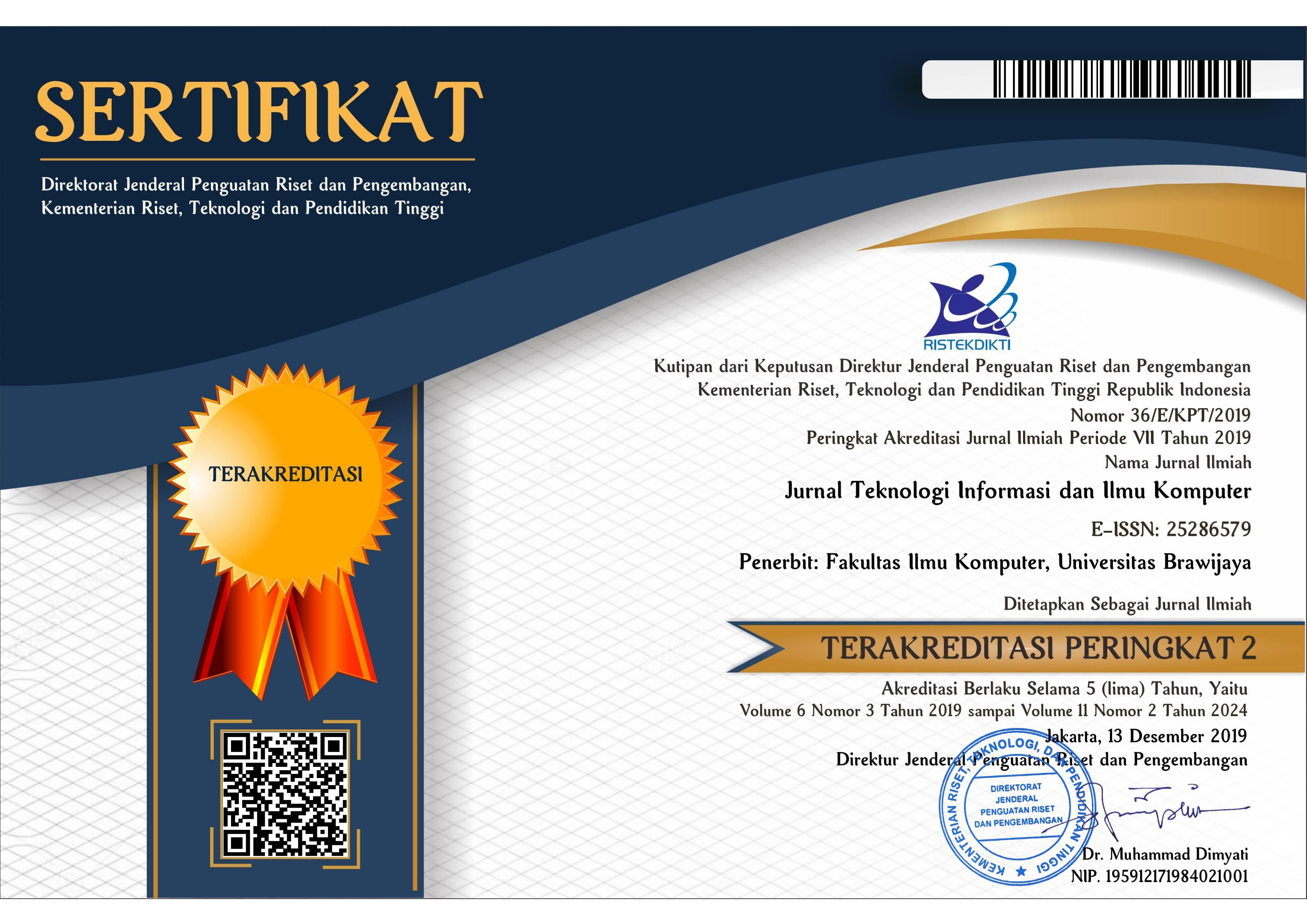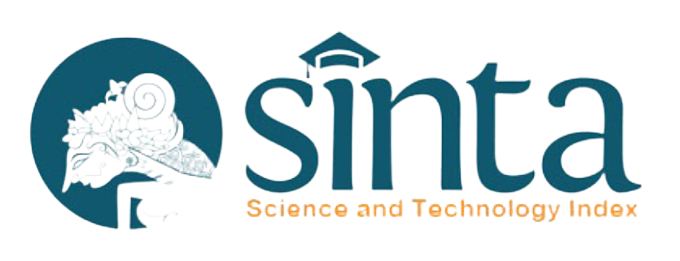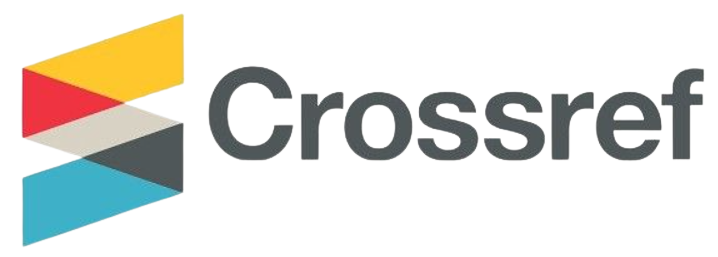Analisis Sentimen untuk Evaluasi Reputasi Merek Motor XYZ Berkaitan dengan Isu Rangka Motor di Twitter Menggunakan Pendekatan Machine Learning
DOI:
https://doi.org/10.25126/jtiik.938663Kata Kunci:
analisis sentimen, rangka motor, reputasi merek, machine learningAbstrak
Motor XYZ mengeluarkan inovasi rangka motor yang diperkenalkan pada tahun 2019. Sekitar Agustus 2023, beredar rumor di media sosial yang menyatakan bahwa rangka tersebut mengalami karat, korosi, dan retak, menyebabkan kekhawatiran di kalangan masyarakat yang tentunya hal ini berpotensi merugikan reputasi merek XYZ. Sasaran utama dari studi ini adalah mengevaluasi pandangan masyarakat di platform Twitter pada Motor XYZ, khususnya pada perbincangan seputar isu rangka motor. Data yang digunakan merupakan data yang diambil teknik crawling dengan periode tweets dari Agustus hingga November 2023. Penelitian ini akan memanfaatkan analisis sentimen menggunakan word cloud, analisis tren dan distribusi, dan pembandingan lima algoritma machine learning, yakni Naïve Bayes, Decision Tree, Support Vector Machine, Logistic Regression, dan Random Forest. Penelitian ini bertujuan untuk mengidentifikasi algoritma dengan performa terbaik untuk mengategorikan tweets dan memberikan rekomendasi kepada Motor XYZ terkait reputasi merek dalam hubungannya dengan isu rangka motor. Hasil penelitian menunjukkan bahwa model klasifikasi sentimen dengan kinerja terbaik setelah hyperparameter tuning adalah Random Forest, dengan F1 score sebesar 0,765. Selain itu, rekomendasi yang dapat diberikan adalah meningkatkan kesadaran tentang pemeriksaan rangka gratis karena telah terbukti berdampak positif pada sentimen masyarakat di Twitter. Perlu ditekankan bahwa dalam penelitian ini tidak ada pertimbangan terhadap proses deployment model machine learning dan pembuatan dashboard. Selain itu, penelitian ini tidak menangani analisis reputasi atau sentimen merek di platform media sosial lain seperti TikTok atau Instagram.
Abstract
Motor XYZ introduced an innovative motorcycle frame in 2019. In August 2023, rumors began circulating on social media that these frames were experiencing rust, corrosion, and cracks. This caused public concern and potentially harmed the XYZ brand's reputation. This study aims to evaluate public opinion on Twitter regarding the motorcycle frame issue. Data was collected using crawling techniques from tweets posted between August and November 2023. We used sentiment analysis with word clouds, trend and distribution analysis, and compared five machine learning algorithms: Naïve Bayes, Decision Tree, Support Vector Machine, Logistic Regression, and Random Forest. The goal was to identify the best algorithm for categorizing tweets and provide recommendations to Motor XYZ about their brand reputation concerning the frame issue. Results showed that the Random Forest model, after hyperparameter tuning, had the best performance with an F1 score of 0.765. This study recommend increasing awareness about free frame inspections, as this positively impacted public sentiment on Twitter. Note that this study does not include the deployment process of the machine learning model or dashboard creation, nor does it address brand reputation or sentiment analysis on other social media platforms such as TikTok or Instagram.
Downloads
Referensi
AHMAD, S., TYAGI, N., CHANDRA, U. and MAAZ, MOHD., 2018. Sentiment Analysis Evaluating Net Brand Reputation of Mobile Phones Using Polarity. In: 2018 Fifth International Conference on Parallel, Distributed and Grid Computing (PDGC). IEEE. pp.358–363. https://doi.org/10.1109/PDGC.2018.8745844.
ALJEDAANI, W., RUSTAM, F., MKAOUER, M.W., GHALLAB, A., RUPAPARA, V., WASHINGTON, P.B., LEE, E. and ASHRAF, I., 2022. Sentiment analysis on Twitter data integrating TextBlob and deep learning models: The case of US airline industry. Knowledge-Based Systems, 255, p.109780. https://doi.org/10.1016/j.knosys.2022.109780.
ASGHAR, Z., ALI, T., AHMAD, I., THARANIDHARAN, S., NAZAR, S.K.A. and KAMAL, S., 2019. Sentiment Analysis on Automobile Brands Using Twitter Data. In: Communications in Computer and Information Science . pp.76–85. https://doi.org/10.1007/978-981-13-6052-7_7.
ASIFUL HUDA, S.M., SHOIKOT, M.M., HOSSAIN, M.A. and ILA, I.J., 2019. An Effective Machine Learning Approach for Sentiment Analysis on Popular Restaurant Reviews in Bangladesh. In: 2019 1st International Conference on Artificial Intelligence and Data Sciences (AiDAS). IEEE. pp.170–173. https://doi.org/10.1109/AiDAS47888.2019.8970976.
BAGHERZADEH, S., SHOKOUHYAR, S., JAHANI, H. and SIGALA, M., 2021. A generalizable sentiment analysis method for creating a hotel dictionary: using big data on TripAdvisor hotel reviews. Journal of Hospitality and Tourism Technology, 12(2), pp.210–238. https://doi.org/10.1108/JHTT-02-2020-0034.
CHEN, Y., ZHANG, Z. and XIA, Z., 2021. Sentiment Assessment of Brand Advertising on Gender Issues on Social Network: A Case Study of Femvertising on Sina Weibo in China. In: 2021 4th International Conference on Artificial Intelligence and Big Data (ICAIBD). IEEE. pp.360–364. https://doi.org/10.1109/ICAIBD51990.2021.9459034.
DOBRUCALI YELKENCI, B., ÖZDAĞOĞLU, G. and İLTER, B., 2023. Online complaint handling: a text analytics-based classification framework. Marketing Intelligence & Planning, 41(5), pp.557–573. https://doi.org/10.1108/MIP-05-2022-0188.
DUCANGE, P., FAZZOLARI, M., PETROCCHI, M. and VECCHIO, M., 2019. An effective Decision Support System for social media listening based on cross-source sentiment analysis models. Engineering Applications of Artificial Intelligence, 78, pp.71–85. https://doi.org/10.1016/j.engappai.2018.10.014.
ERKAYMAN, B., ERDEM, E., AYDIN, T. and MAHMAT, Z., 2023. New Artificial intelligence approaches for brand switching decisions. Alexandria Engineering Journal, 63, pp.625–643. https://doi.org/10.1016/j.aej.2022.11.043.
HAN, J., KAMBER, M. and PEI, J., 2011. Data Mining: Concepts and Techniques. 3rd ed. San Francisco, CA, USA: Morgan Kaufmann Publishers Inc.
HOSSAIN, M.S., RAHMAN, M.F., UDDIN, M.K. and HOSSAIN, M.K., 2023. Customer sentiment analysis and prediction of halal restaurants using machine learning approaches. Journal of Islamic Marketing, 14(7), pp.1859–1889. https://doi.org/10.1108/JIMA-04-2021-0125.
INDRAWATI and PUTRI, N.P.O.I.Y., 2021. Indonesian Marketplace Trust Analysis Using Text Mining: a Case of Tokopedia. In: 2021 International Conference Advancement in Data Science, E-learning and Information Systems (ICADEIS). IEEE. pp.1–6. https://doi.org/10.1109/ICADEIS52521.2021.9702080.
KADHIM, A., 2018. An Evaluation of Preprocessing Techniques for Text Classification. International Journal of Computer Science and Information Security, 16, pp.22–32.
LAPPEMAN, J., FRANCO, M., WARNER, V. and SIERRA-RUBIA, L., 2022. What social media sentiment tells us about why customers churn. Journal of Consumer Marketing, 39(5), pp.385–403. https://doi.org/10.1108/JCM-12-2019-3540.
MURALI, S., PUGAZHENDHI, S. and MURALIDHARAN, C., 2016. Modelling and Investigating the relationship of after sales service quality with customer satisfaction, retention and loyalty – A case study of home appliances business. Journal of Retailing and Consumer Services, 30, pp.67–83. https://doi.org/10.1016/j.jretconser.2016.01.001.
NAGARKAR, P., AMARNANI, L. and DOSHI, D., 2021. Social Media Intelligence for Brand Analysis. In: 2021 12th International Conference on Computing Communication and Networking Technologies (ICCCNT). IEEE. pp.1–7. https://doi.org/10.1109/ICCCNT51525.2021.9579699.
NORAWATI, S., ARMAN, A., ALI, A., IHSAN, A. and PUTRA, E., 2021. Analysis of Product Variation, Quality of Service and Their Effect on Customer Satisfaction. IJEBD (International Journal of Entrepreneurship and Business Development), 4(6), pp.954–960. https://doi.org/10.29138/ijebd.v4i6.1554.
PAGE, M.J., MCKENZIE, J.E., BOSSUYT, P.M., BOUTRON, I., HOFFMANN, T.C., MULROW, C.D., SHAMSEER, L., TETZLAFF, J.M., AKL, E.A., BRENNAN, S.E., CHOU, R., GLANVILLE, J., GRIMSHAW, J.M., HRÓBJARTSSON, A., LALU, M.M., LI, T., LODER, E.W., MAYO-WILSON, E.,
MCDONALD, S., MCGUINNESS, L.A., STEWART, L.A., THOMAS, J., TRICCO, A.C., WELCH, V.A., WHITING, P. and MOHER, D., 2021. The
PRISMA 2020 statement: an updated guideline for reporting systematic reviews. BMJ, p.n71. https://doi.org/10.1136/bmj.n71.
PATHAK, A.R., MAHAJAN, A., SINGH, K., PATIL, A. and NAIR, A., 2020. Analysis of Techniques for Rumor Detection in Social Media. Procedia Computer Science, 167, pp.2286–2296. https://doi.org/10.1016/j.procs.2020.03.281.
PENG, Z. and WAN, Y., 2023. Generating business intelligence through automated textual analysis: measuring corporate image with online information. Chinese Management Studies, 17(3), pp.545–572. https://doi.org/10.1108/CMS-07-2021-0318.
SHAHRIAR, K.T., ISLAM, M.N., ANWAR, MD.M. and SARKER, I.H., 2022. COVID-19 analytics: Towards the effect of vaccine brands through analyzing public sentiment of tweets. Informatics in Medicine Unlocked, 31, p.100969. https://doi.org/10.1016/j.imu.2022.100969.
SUN, X., ZHANG, Y. and FENG, J., 2024. Impact of online information on the pricing and profits of firms with different levels of brand reputation. Information & Management, 61(1), p.103882. https://doi.org/10.1016/j.im.2023.103882.
TRIVEDI, S.K. and SINGH, A., 2021. Twitter sentiment analysis of app based online food delivery companies. Global Knowledge, Memory and Communication, 70(8/9), pp.891–910. https://doi.org/10.1108/GKMC-04-2020-0056.
WANG, Z. and LV, J., 2022. Data Crawling and Research Based on Topic Web Crawler. In: 2022 International Conference on Computer Network, Electronic and Automation (ICCNEA). IEEE. pp.183–188. https://doi.org/10.1109/ICCNEA57056.2022.00049.
WARNAKULASOORIYA, A., SANDANAYAKE, T., GAMPS, W., RADW, R. and KASN, S., 2022. Automobile Product Ranking based on the Singlish Comments in Social Media Platforms. In: 2022 7th International Conference on Information Technology Research (ICITR). IEEE. pp.1–6. https://doi.org/10.1109/ICITR57877.2022.9992795.
YILMAZ, M.K. and ALTUNAY, H.T., 2023. Marketing insight from consumer reviews: Creating brand position through opinion mining approach. Telematics and Informatics Reports, 11, p.100094. https://doi.org/10.1016/j.teler.2023.100094.
Unduhan
Diterbitkan
Terbitan
Bagian
Lisensi
Hak Cipta (c) 2024 Jurnal Teknologi Informasi dan Ilmu Komputer

Artikel ini berlisensiCreative Commons Attribution-ShareAlike 4.0 International License.

Artikel ini berlisensi Creative Common Attribution-ShareAlike 4.0 International (CC BY-SA 4.0)
Penulis yang menerbitkan di jurnal ini menyetujui ketentuan berikut:
- Penulis menyimpan hak cipta dan memberikan jurnal hak penerbitan pertama naskah secara simultan dengan lisensi di bawah Creative Common Attribution-ShareAlike 4.0 International (CC BY-SA 4.0) yang mengizinkan orang lain untuk berbagi pekerjaan dengan sebuah pernyataan kepenulisan pekerjaan dan penerbitan awal di jurnal ini.
- Penulis bisa memasukkan ke dalam penyusunan kontraktual tambahan terpisah untuk distribusi non ekslusif versi kaya terbitan jurnal (contoh: mempostingnya ke repositori institusional atau menerbitkannya dalam sebuah buku), dengan pengakuan penerbitan awalnya di jurnal ini.
- Penulis diizinkan dan didorong untuk mem-posting karya mereka online (contoh: di repositori institusional atau di website mereka) sebelum dan selama proses penyerahan, karena dapat mengarahkan ke pertukaran produktif, seperti halnya sitiran yang lebih awal dan lebih hebat dari karya yang diterbitkan. (Lihat Efek Akses Terbuka).















